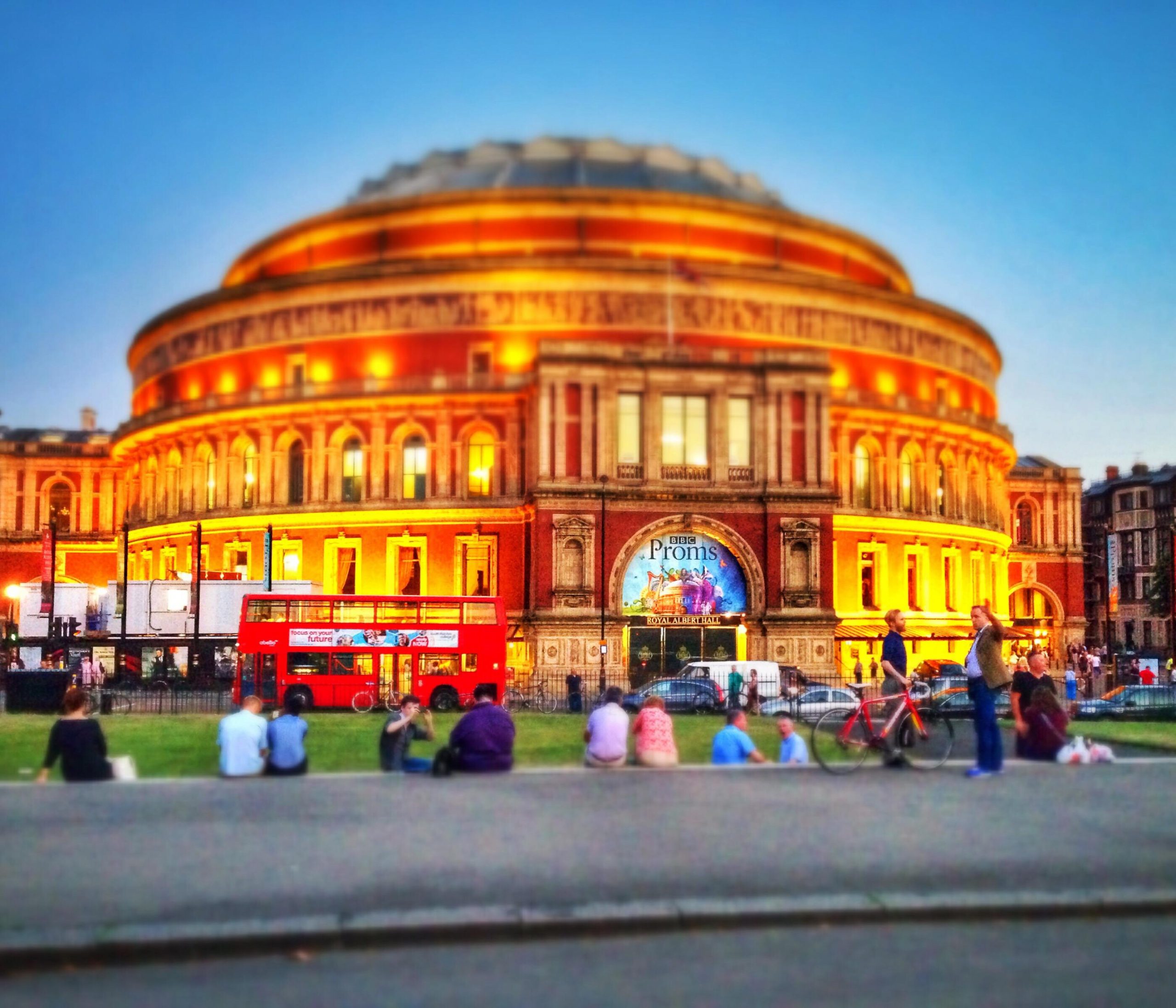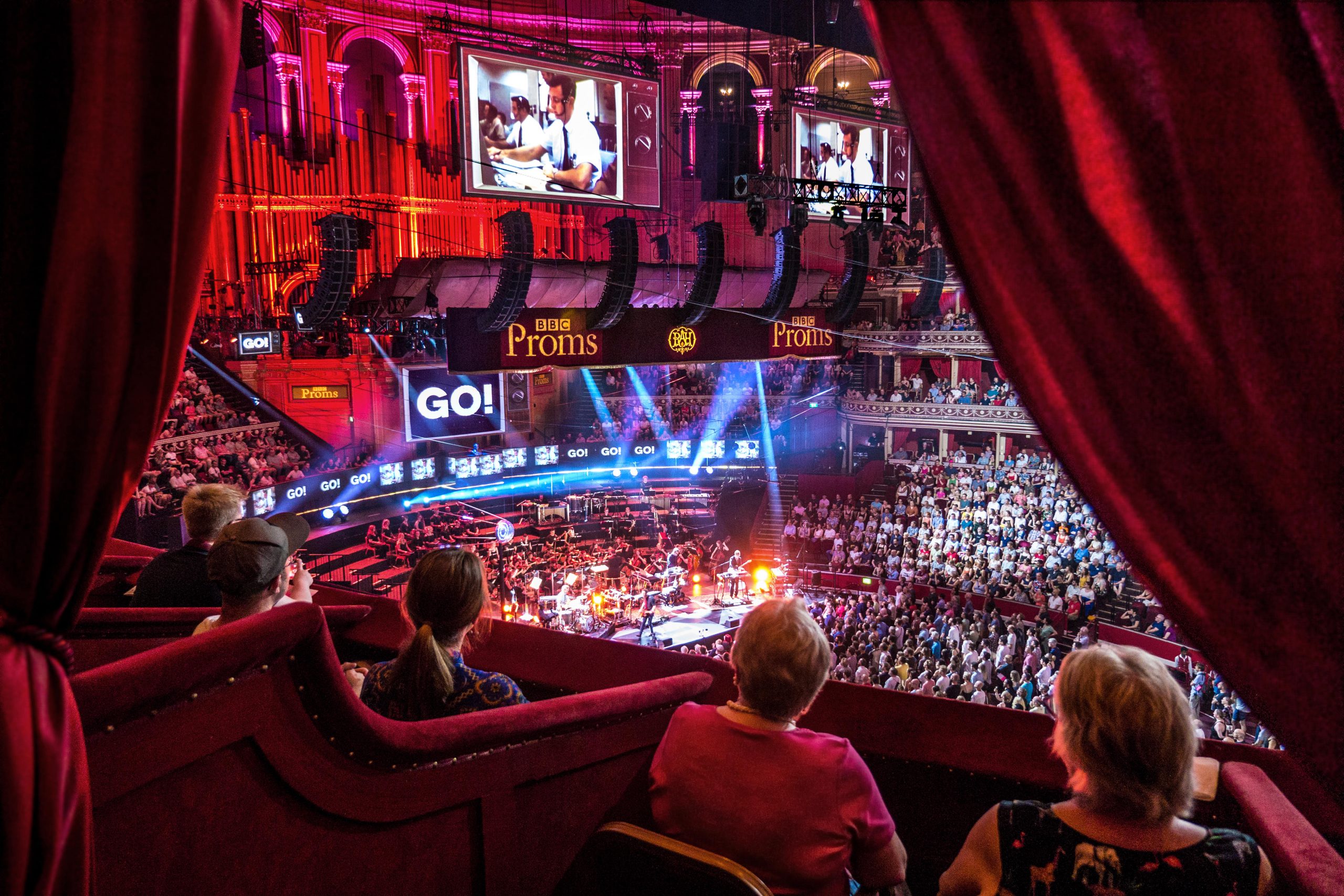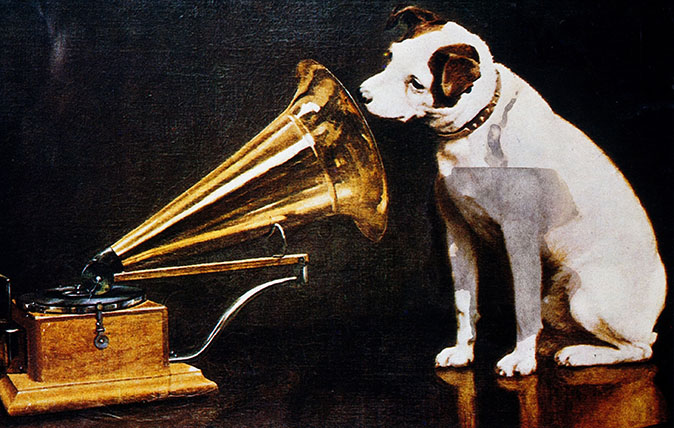The BBC Proms are the most ambitious, eclectic and successful classical music festival in the world — and we should celebrate them
The Proms are a great British institution and a remarkable success story, says Country Life's cultural commentator Athena.


It’s time to rejoice that the BBC Proms — surely the most ambitious, eclectic and successful classical-music festival in the world — are under way once more. Beyond the eight weeks of performances held in the Royal Albert Hall, there will be a programme of live concerts that spans the whole geographic extent of the UK, from Perth to Truro and from Derry to Great Yarmouth. And for those to whom concert-going even with tickets from a mere £8 does not appeal, there is live broadcast coverage of the events, not to mention as many encores as the heart can desire on BBC Sounds. The wealth and diversity of music presented is only possible because of the deep foundations of this concert series, which is now in its 129th season, and the spirit in which it has been undertaken.
In their present form, the BBC Proms can claim to have been first established by Robert Newman, a professional singer-turned-concert manager. He observed that the summer absence of fashionable society left London without music and wished — through low ticket prices, relative informality and an appealing programme — to create a popular audience for high-quality orchestral music.

Such performances, of course, followed in a longer tradition stretching back to the musical concerts held in the pleasure gardens of the 18th-century capital at Ranelagh and Vauxhall. By the late 19th century, however, these resorts that had helped popularise the music of Handel and Arne had been swept away.
Newman became manager of the newly-opened Queen’s Hall in Regent Street and, with the financial backing of a throat specialist, Dr George Cathcart (advocate of a lower pitch of singing to avoid straining the voice) — approached little-known 26-year-old musician Henry Wood to conduct the series.
The first Promenade concert, which would launch a 32-year partnership, took place on August 10, 1895. Newman’s career underwent extreme fluctuations of fortune, but he saw the series through the First World War, insisting — with Wood — on the importance of German music, despite popular feeling. He subsequently entered negotiations to hand management of the series over to the BBC, but that transfer only took place after his death in 1926.

Wood, meanwhile, the first British conductor, was changing the conventions of orchestral music performance. In his wider work, he accepted women into the orchestral pit from 1913 and discouraged applause between movements. Then, during the Second World War, Wood successfully raised funds for the seasons of 1940 and 1941, when the BBC briefly withdrew financial support.
The destruction of the Queen’s Hall in May 1940, however, demanded the transfer of the concerts to the Albert Hall. In 1943, the year before he died, the BBC accepted that the series be formally known as The Henry Wood Promenade Concerts.
Exquisite houses, the beauty of Nature, and how to get the most from your life, straight to your inbox.
The Proms have never looked back and continue to connect the widest audience with the best music. We should cherish them.

In Focus: What happens behind the scenes at the Proms
Floods, nerves and piano tuning — Henrietta Bredin goes backstage at the world’s biggest music festival, an epic feat of

Credit: Alamy Stock Photo
Curious questions: Do dogs like listening to music?
As a nation of dog lovers, we’ve already seen home-cooking for canines, ‘pup cakes’ and Pawsecco. Now, we’re composing music
Country Life is unlike any other magazine: the only glossy weekly on the newsstand and the only magazine that has been guest-edited by His Majesty The King not once, but twice. It is a celebration of modern rural life and all its diverse joys and pleasures — that was first published in Queen Victoria's Diamond Jubilee year. Our eclectic mixture of witty and informative content — from the most up-to-date property news and commentary and a coveted glimpse inside some of the UK's best houses and gardens, to gardening, the arts and interior design, written by experts in their field — still cannot be found in print or online, anywhere else.
